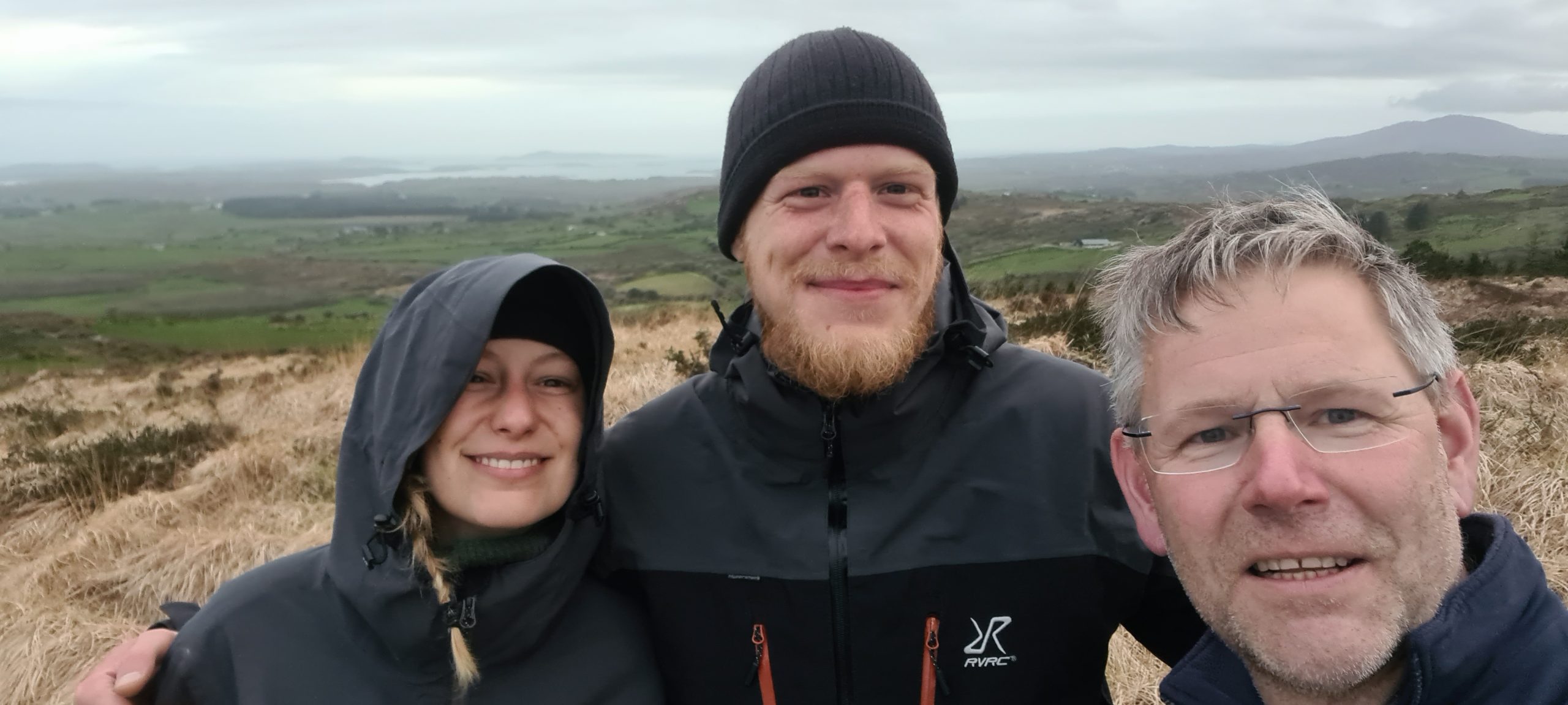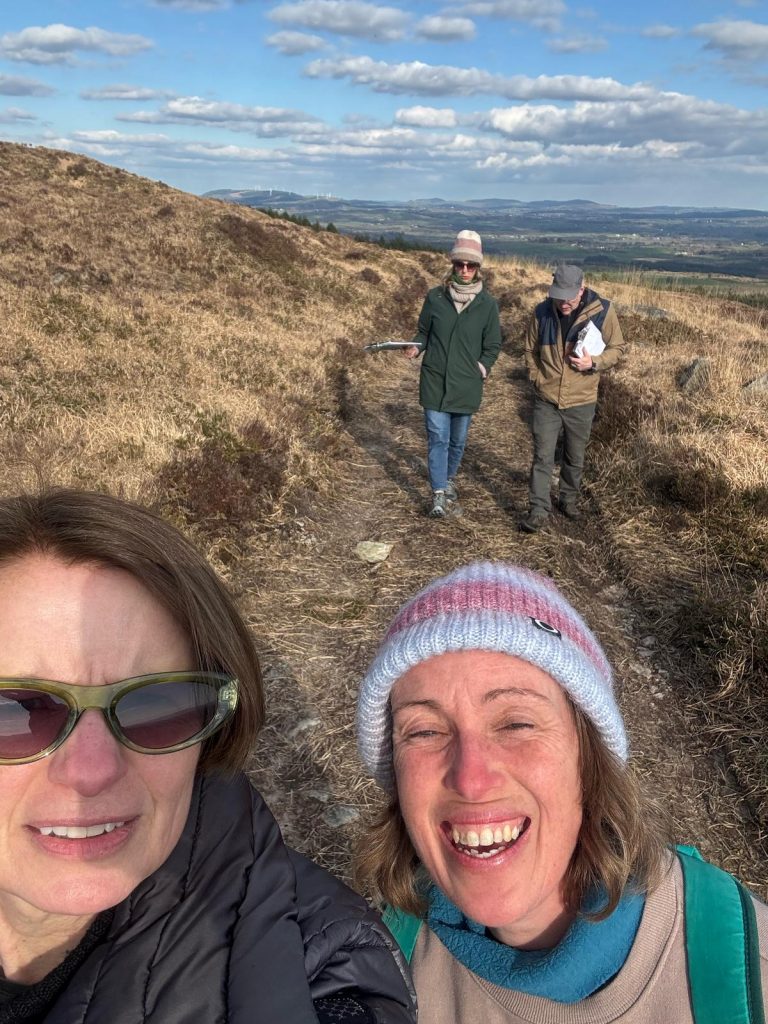
The Walking Mind – How Movement Sparks Insight
February 12, 2025
I founded WildFuture because I believe we need to think differently about how we think, and listen. In a world addicted to urgency and productivity, it’s easy to forget that some of our best ideas don’t come when we’re working harder — they come when we’re moving, outside, and unplugged.
In a landmark Stanford study, researchers Marily Oppezzo and Daniel Schwartz found that walking boosts creativity. Participants were asked to come up with alternative uses for common objects while sitting or walking. Those who walked, whether indoors or outdoors, consistently generated more novel ideas. The simple act of moving your body quite literally moves your mind.
The rhythm of walking creates a gentle, embodied focus—not quite a meditation, not quite a brainstorm, but something in between. As Ferris Jabr wrote in The New Yorker, walking creates “an unadulterated feedback loop between the rhythm of our bodies and our mental state.”

When you walk at your own pace, your thoughts begin to match your stride. You slow down, open up, and tune in. New perspectives come into view not by force, but by flow. I’ve seen this happen again and again with clients on our Thinking Trails: by the end of a walk, problems feel lighter, conversations deepen, and strategies become clearer.
This isn’t just about being in motion — it’s about how walking frees us from habitual patterns. When we sit, especially in familiar spaces like boardrooms or offices, our minds often default to familiar solutions. But when we walk, especially in nature, we step into a different mental mode—one that’s more associative, more playful, more open to surprise.
Charles Darwin, Virginia Woolf, and Steve Jobs were all obsessive walkers; walking helped them think. They intuited what neuroscience is now confirming: movement sparks insight.
At WildFuture, our Thinking Trails are designed to harness this natural relationship between walking and thinking. We facilitate lightly, offering prompts when needed, and holding space for the silence and listening in between. Because sometimes, your next breakthrough isn’t in the next meeting. It’s in the next mile.
So next time you’re stuck, don’t reach for your phone or force your brain to grind it out at your desk. Take a walk. Let your mind breathe. You might be surprised what shows up beside you on the trail.